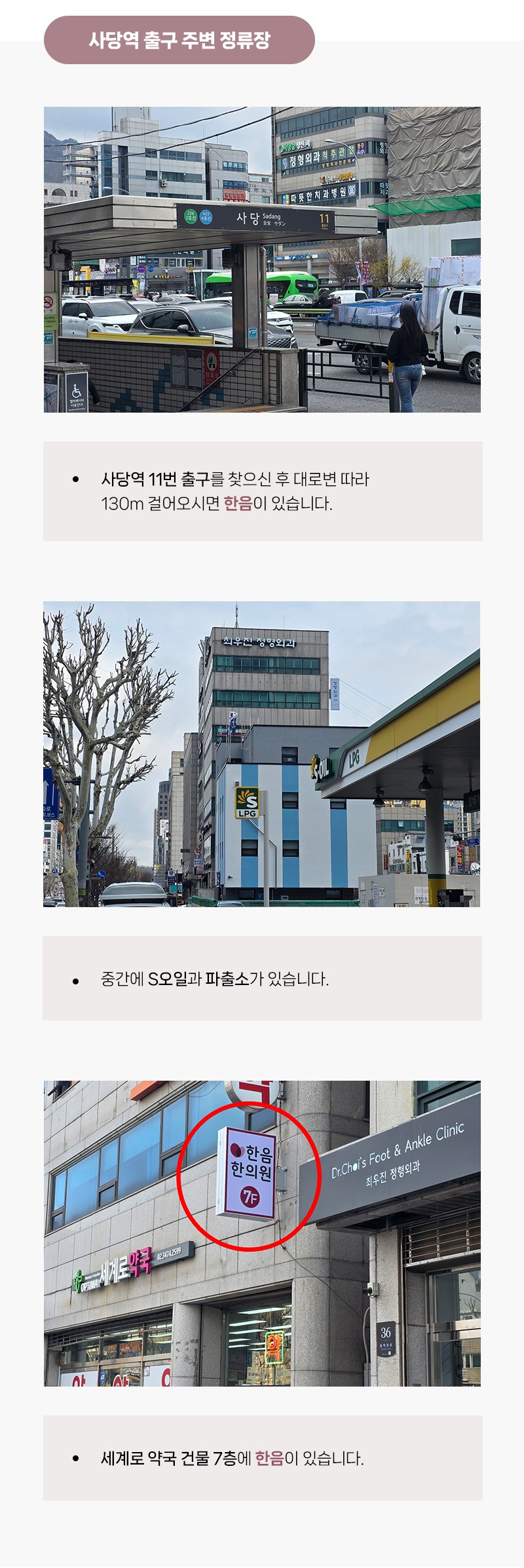Haneum
의학 논문
한음이 발표한 의학논문입니다.
우울장애 한약치료에 대한 전향적 관찰연구
초록
Objectives: The purpose of this study was to verify the clinical effects of herbal medicines on patients with depressive disorder.
Methods: A prospective observational study on patients with depressive disorder was conducted.
The patients were treated with herbal medicines for eight weeks. The Korean Hamilton Depression Rating Scale (K-HDRS) was evaluated as the primary outcome and the Korean Beck's Depression Inventory (K-BDI), Instrument on Pattern Identification for Depression, Korean Symptom Checklist-95 (KSCL-95), Insomnia Severity Index (ISI), Korean State-Trait Anxiety Inventory (STAI-K), Korean State-Trait Anger Expression Inventory (STAXI-K), EuroQol five-dimensional Questionnaire (EQ-5D), Minnesota Multiphasic Personality Inventory-2 (MMPI-2), Heart Rate Variability (HRV) were measured as the secondary outcome. Adverse events were assessed for safety.
Results: A total of 35 participants were observed for 12 weeks.
The K-HDRS improved significantly in four, eight, and 12 weeks and the K-BDI showed significant differences in four, and eight weeks.
There were no significant improvements in other evaluation scales.
Gyejibongnyeong-hwan was the most frequently and continuously prescribed, showing significant improvements of K-HDRS after eight weeks of treatment.
Conclusions: In our observational study, herbal medicine was effective for relieving the depression of patients with depressive disorder and Gyejibongnyeong-hwan showed the most significant effectiveness.























